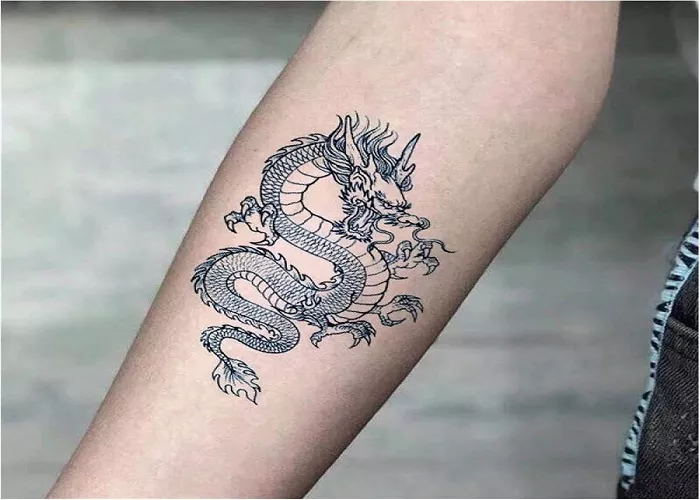In a discreet laser clinic nestled in the heart of Srinagar, the largest city in Indian-administered Kashmir, 28-year-old Sameer Wani watches intently as a laser erases the word Azadi — Urdu for “freedom” — from his forearm.
Once a defiant symbol of resistance against Indian rule in the disputed region, the tattoo has become a source of anxiety for Wani and many other young Kashmiris. “It used to represent strength, a sense of standing up for something,” he says. “But now, it’s just a liability. It’s not who I am anymore.”
Wani recalls a harrowing encounter with Indian security forces at a routine checkpoint. A soldier noticed the tattoo and asked what it meant. “I was lucky he couldn’t read Urdu,” Wani recounts. “It was a close call. I realized then how dangerous it was to wear my beliefs on my skin.”
Wani is not alone. Across the region, a growing number of young people are seeking the removal of tattoos once worn with pride — images of guns, slogans like Azadi, and symbols tied to Kashmiri identity and resistance. The removals, often done quietly, reflect a broader shift as fear replaces youthful defiance.
While the trend had begun earlier, it has accelerated dramatically following a deadly attack last month in the popular tourist town of Pahalgam that left 26 people dead. The attack brought India and Pakistan — bitter rivals since partition in 1947 and adversaries in three wars — perilously close to a fourth conflict.
In the wake of the attack, India launched a series of drone and missile strikes on what it described as “terror camps” in Pakistan and Pakistan-administered Kashmir. The May 7 operation marked the most significant cross-border escalation since the 1971 war. For three tense days, the world watched as the nuclear-armed neighbors exchanged fire, until a ceasefire was brokered by U.S. President Donald Trump on May 10.
Despite the ceasefire, the situation within Indian-administered Kashmir remains volatile. A sweeping crackdown by Indian forces has followed, targeting suspected militants and their sympathizers. Authorities have demolished homes, conducted widespread raids, and arrested over 1,500 people, many under preventive detention laws.
In this climate, tattoos that once served as bold statements of identity or resistance have become liabilities. “The fear is real,” says a laser technician in Srinagar, who asked not to be named for security reasons. “People come in quietly, often alone. They just want to erase anything that could link them to trouble.”
As tensions in Kashmir continue, the erasure of these once-proud symbols underscores the deep psychological toll of a conflict that shows no signs of resolution — and the silent, personal transformations unfolding behind closed doors.
Related topics:

